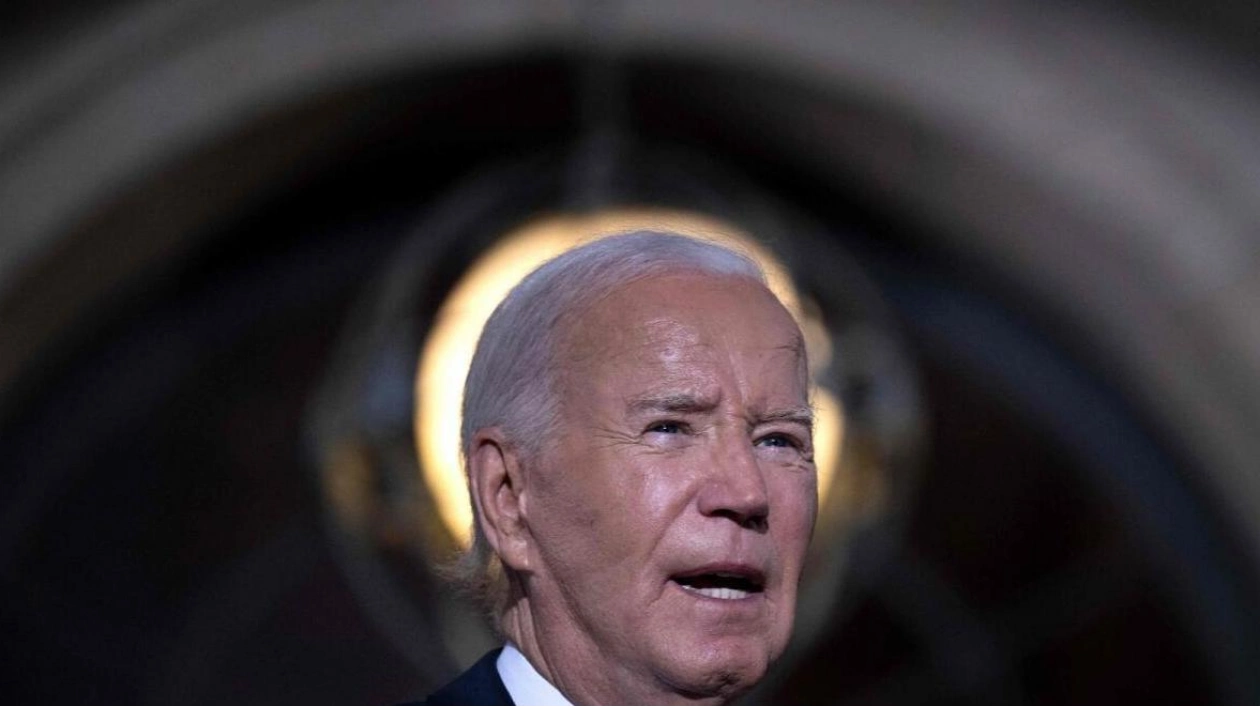Michael Montalvo has spent 37 years in US federal prison for heading a criminal organization that sold tens of millions of dollars' worth of cocaine in California. During his incarceration, he earned a law degree and assisted other inmates in gaining their freedom through a program known as compassionate release. However, due to a legal anomaly, the 78-year-old Vietnam War veteran is ineligible to apply for compassionate release himself. His only options for leaving prison are death or convincing President Joe Biden to grant him clemency. Montalvo is among over 7,000 federal inmates requesting Biden to exercise this power to release them before his term ends.
"Montalvo poses no threat to society," his lawyers stated in his clemency petition, emphasizing that he was not charged with violent offenses. "Clemency is the sole remedy available to rectify his sentence." When Montalvo was convicted of "continuing a criminal enterprise," he received a life sentence without parole. His lawyers argue that a similar conviction today would likely result in a much lighter sentence. Montalvo belongs to a small, often overlooked group of 158,000 federal US inmates—those convicted of crimes committed before November 1987, when the federal parole system was abolished and replaced with new sentencing guidelines.
The US government does not track the number of inmates serving life sentences without parole, but Berkeley Law professor Charles Weisselberg estimates the figure to be between 100 and 400. When Congress amended the law in 2018 to facilitate the release of elderly or ill federal inmates through compassionate release by petitioning a federal court, it overlooked those incarcerated under the earlier system. Criminal justice advocates believe this exclusion was unintentional. In 2021, Democratic Senator Dick Durbin and Republican Senator Charles Grassley introduced the Safer Detention Act to address these issues, but the bill did not pass. Weisselberg argues that everyone serving under the parole system should be granted clemency, questioning whether federal prisons should become nursing homes for this group of frail seniors.
Since taking office in 2021, Biden has pardoned 25 individuals and commuted the sentences of 131 others, according to Justice Department data. The White House has not disclosed Biden's priorities for using his clemency power in his final months in office. A White House spokesperson stated that Biden remains "committed to reforming our criminal justice system" and continues to evaluate clemency requests "in a thoughtful and deliberate manner." Criminal justice advocates hope Biden will grant more clemency requests before his term ends on January 20. "I lack the words to express how disheartening this has been," said Rachel Barkow, a professor at New York University School of Law.






